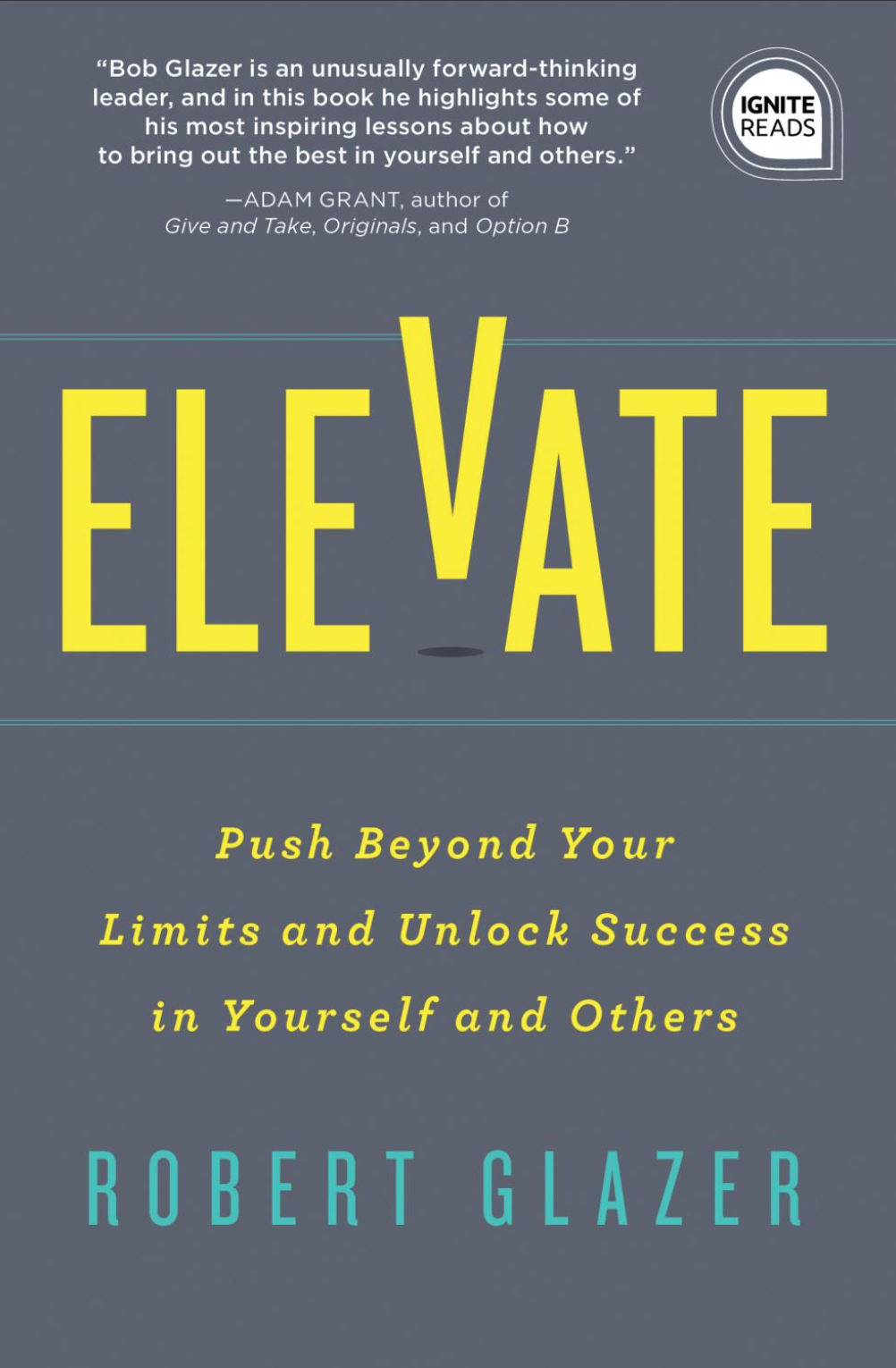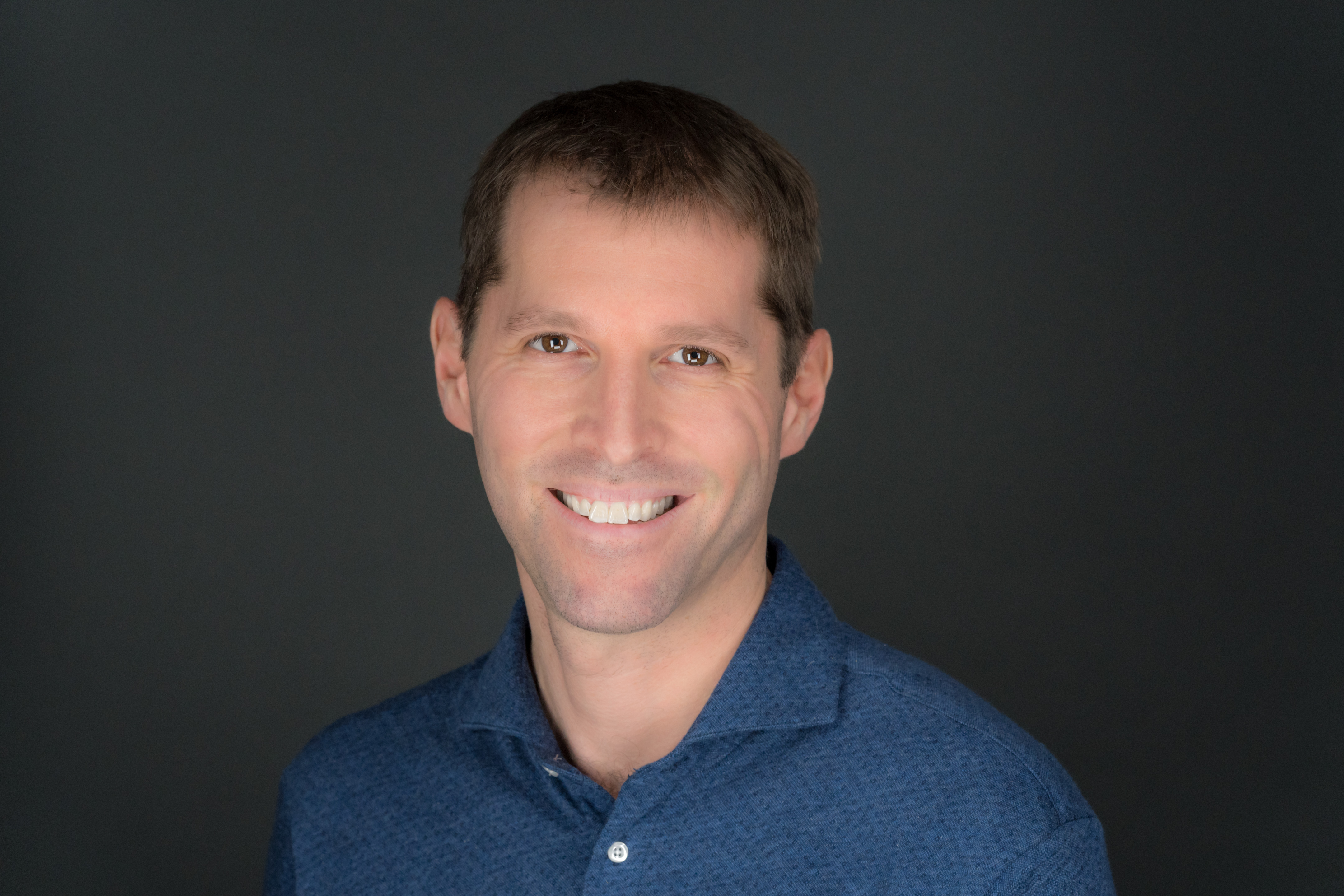Each day, the path to increasing your intellectual capacity will be tested. This is where discipline and planning are essential and the concepts of routine, habit and accountability become increasingly important. Remember, your schedule reflects your priorities.
There are very few world-class performers who begin the day lounging around or leave the day to chance. They have a routine. Routines are powerful forces, and many great leaders know that beginning the morning well can set the tone for the whole day.
Unfortunately, many of us start our days reactively.
By taking control of your mornings and beginning your day on offense, you can ground yourself to your goals and align your actions to them.
I can tell you from experience that your entire day will change, and eventually, your entire life will change as well.
It wasn’t easy for me to become a morning person and wake up at or before 6:00 a.m. each day. However, gradually I designed a routine that gave me more energy and intention without any distractions. I began to enjoy my mornings so much that I was psyched to get out of bed, waking up with the same energy and enthusiasm I have when heading to the airport for a vacation.
My morning routine is structured heavily on the format outlined by Hal Elrod in his book The Miracle Morning, which has developed a cult following. Hal suggest devoting a minimum of thirty to sixty minutes to the six SAVERS activities:
- Silence (meditation)
- Affirmations
- Visualization
- Exercising
- Reading
- Scribing (journaling)
Instead of beginning your day worried about your forty-two new emails, you begin with gratitude and powerful affirmations. IN the process, you’ll recommit to what you want most at the start of each day.
Eventually, your psyche will change.
One of the biggest objections to an early morning routine comes from parents of young kids who are already short on sleep. We heard this from many of my employees at Acceleration Partners
For them, I offered a simple challenge. Start with getting up just fifteen minutes earlier, so you’ll have fifteen minutes of quiet. Waking up with screaming kids as your alarm clock or to some situations that requires your parenting attention does not help you start your day with a positive, productive mindset.
If you’re able to wake up just fifteen minutes earlier than your household, it will make a big difference.
Putting yourself first is something most of us don’t do well. But you need to in order to be best self for those around you. If you wake up cranky, reactively pandering to everyone else’s needs, you’re simply not going to perform at a high level.
Having a routine can also improve your discipline and directional habits overall. For example, on Tuesday, I draft the Friday Forward message for the week. On Wednesday, I edit the changes and pick an image to use. Thursday, I set it up to send. This process has become automatic; I don’t need reminders.
Creating Friday Forward became a keystone habit—a habit that improved and reinforced other habits in my life. These changes enabled me to hit new benchmarks of achievement, including running an Olympic triathlon, writing three books, biking from London to Paris in twenty-four hours, expanding my business globally, and accomplishing other goals that previously seemed entirely unobtainable.
Change didn’t happen overnight; it was the compounding effect of many smaller changes in my life. Habit guru James clear calls this “the 1 percent rule,” illuminating how one percent improvements compound and accumulate into significant advantages over time as the aggregation of marginal gains. In Atomic Habits, he even did the math to show that if you can get one percent better each day for one year, you’ll end up thirty-seven times better by the time you’re done.
Last, but not least, you need accountability. Even if you know what you want and you are proactive, determined, and focused, you are going to slip. You are going to lose motivation or get off track.
True leaders hold others accountable and want to be held accountable themselves.
There are a variety of different ways to ensure accountability. The first is to team up with accountability partner, group or coach. Many people who elevate even get calls from a coach in the morning to check up on their progress and have predetermined consequences if goals are not met.
The second way is self-accountability, which is best accomplished through daily journaling. Journaling is reflective and will make you very aware of what you have and have not done. It’s self-motivation and regulation—no one likes to write down the same thing day after day and see that he can’t follow through.
Some people even hold themselves accountable by making their goals public. Jack Daly, a professional sales coach and speaker, puts all his goals on his business website. Doing this establishes a very high degree of accountability—and he almost always hits his targets.
If you follow the steps above, you will begin to elevate while feeling less overwhelmed and more energized. Your increased intellectual capacity will allow you to accomplish much more than you ever thought possible.

Excerpted from Elevate: Push Beyond Your Limits and Unlock Success in Yourself and Others by Robert Glazer with permission from the author and publisher.
Follow us here and subscribe here for all the latest news on how you can keep Thriving.
Stay up to date or catch-up on all our podcasts with Arianna Huffington here


